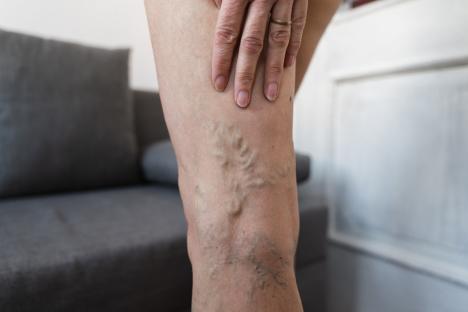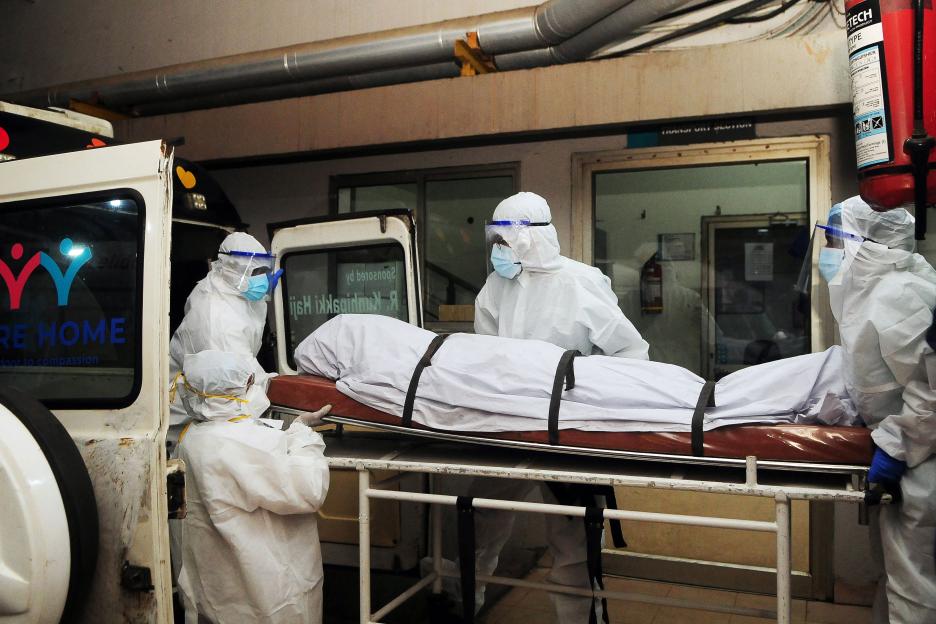A COMMON leg problem affecting millions of Brits could raise people’s risk of developing dementia by 23 per cent, scientists warn.
The condition could indicate poor blood flow around the body, a common risk factor of memory-robbing , they said.
 Varicose veins could raise the risk of dementia, researchers have suggested
Varicose veins could raise the risk of dementia, researchers have suggestedâ swollen, twisted veins that bulge out of the legs â affect at least a third of people in the UK, according to research .
Korean researchers combing through the data of almost half a million people found that those with the leg condition were 23.5 per cent more likely to be diagnosed with dementia.
The risk was especially high in men and people who or , the study â published to the journal PLOS One â showed.
happen when the valves that control the blood flow to veins don’t work properly, causing blood to build up and put pressure on the vein, which makes it swell and twist.
They’re more common in people who are older, overweight, pregnant, or spend lots of time sitting or standing.
“There is growing interest in the function of veins and their relationship with neurodegenerative diseases, including dementia,”; researchers from the Kyung Hee University College of in Seoul wrote.
Previous studies showed that the vein condition is linked to organ damage â including changes to the white matter in the brain â as well “increased inflammation, potentially triggering neuroinflammatory pathways linked to dementia and vascular cognitive impairment”;.
“Given these potential mechanisms, further into the association between varicose veins and dementia could provide new insights for dementia prevention and management,”; researchers added.
For their study, they analysed data from 396,767 men and women in Korea with an average age of 56.
Just over 1 per cent of them â amounting to 5,000 of the participants â had varicose veins.
Their health outcomes were tracked for an average of 13 years. By that time, 14 per cent of them had been diagnosed with dementia.
Researchers found that people who had varicose veins were at higher risk of the memory-robbing condition.
But patients who had their veins treated were 43 per cent less likely to suffer from vascular dementia compared to those who didn’t undergo treatment.
is a common type of dementia caused by reduced blood flow to the brain.
It’s estimated to affect around 180,000 people in the UK.
Varicose veins can get slowly worse over time but they don’t always need treatment, unless they cause symptoms such as pain, heaviness, swollen legs, itching or skin changes, or complications such as ulcers.
“In conclusion, our study suggests that the presence of varicose veins may be associated with an increased risk of all-cause dementia,”; the research team said.
They noted their research had several limitations.
Firstly, they couldn’t prove that varicose veins were the cause of dementia, only that the two are linked, as their study was observation it was observational.
Secondly, the data the scientists used only recorded the presence of varicose veins among patients, not how severe their condition was.
The authors suggested assessing if patients with worse veins have a greater risk of dementia in future research.







